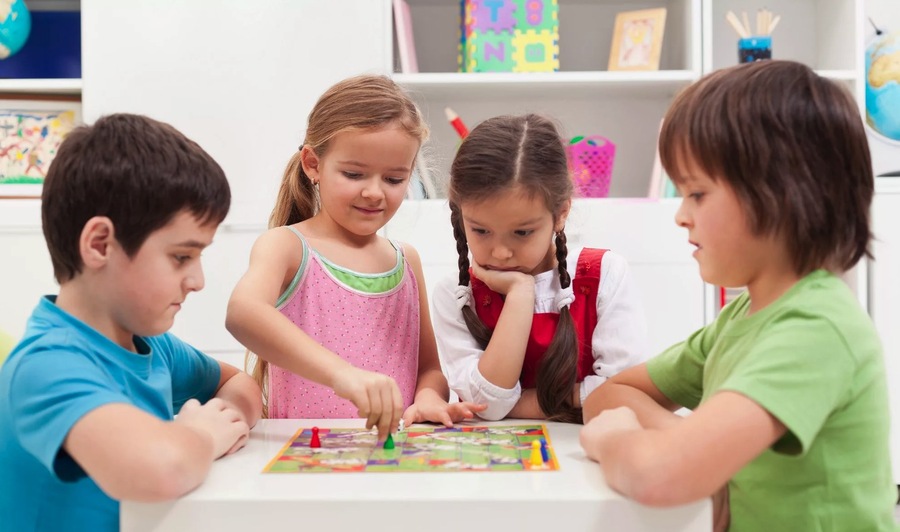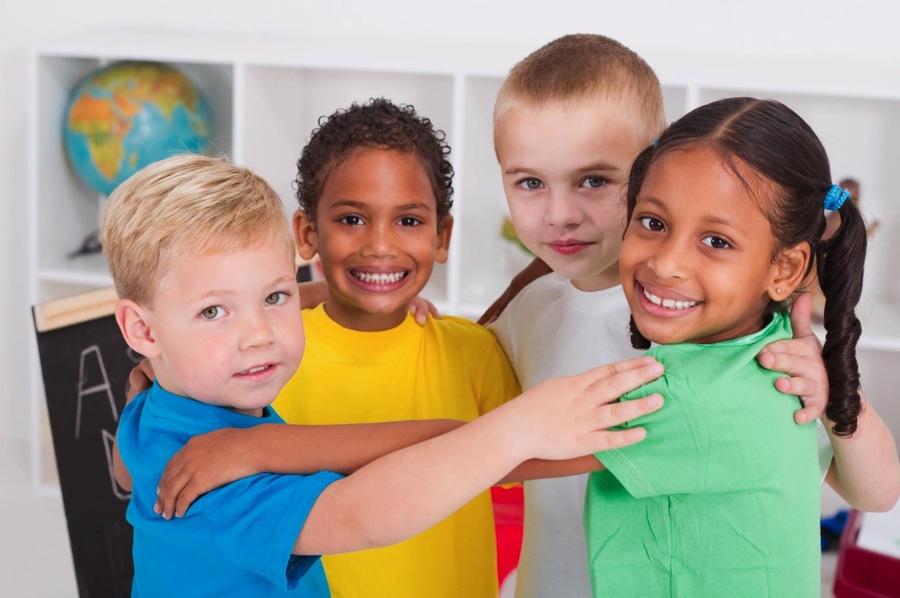Making friends in school is vital to a child’s development, especially for those attending top CBSE schools in Sharjah. It can significantly impact their emotional and social growth. However, the journey to friendship can be daunting for many kids. This guide aims to equip parents with the tools and insights to support their children in forging meaningful friendships at school.
The Importance of Making Friends
Friendships play a crucial role in a child’s life. They provide emotional support, enhance social skills, and contribute to a sense of belonging. Having friends can make school a more enjoyable and less stressful experience. However, some children may find it challenging to connect with their peers due to shyness, social anxiety, or a lack of confidence. As parents, understanding these challenges and knowing how to address them is essential.
Encouraging a Welcoming Attitude
One of the first steps to making friends is being approachable. Teach your children to smile, make eye contact, and greet their peers warmly. An inviting demeanor can make others feel comfortable and more inclined to initiate interaction. Remind your kids that everyone is looking for friends and that a friendly approach can break the ice.
The Impact of Bullying
Bullying can have devastating effects on both the victim and the bully. It creates an environment of fear and mistrust, making it difficult for healthy friendships to form. Explain to your children the importance of treating others with kindness and respect. Bullying not only hurts others but can also lead to isolation and a negative reputation. Encourage your kids to stand against bullying and support those who may be targeted.

Engaging in Activities
Participating in various activities is an excellent way for children to meet new people and bond over shared interests. Whether it’s joining a sports team or a club or engaging in group projects, these activities provide opportunities for children to interact and form friendships naturally. Encourage your kids to try different activities and find ones they enjoy. This not only helps them make friends but also allows them to develop new skills and hobbies.
The Power of Listening
Listening is a fundamental aspect of building strong relationships. Teach your children to listen to others with an open mind. When kids feel heard and understood, they are more likely to reciprocate with friendship and support. Emphasize the importance of being empathetic and considerate of others’ feelings. By listening and being supportive, children can create a nurturing and positive environment for friendships to flourish.
Accepting Diversity
In today’s diverse world, it is essential to teach children the value of accepting and respecting different perspectives, beliefs, and backgrounds. This not only fosters empathy but also broadens their understanding of the world. Explain to your kids that everyone has unique experiences and that these differences should be celebrated. By accepting diversity, children can form richer, more meaningful friendships and learn to appreciate the beauty of varied perspectives.
Authenticity Matters
Authenticity is the foundation of genuine friendships. Encourage your children to be themselves and not to feel pressured to conform to others’ expectations. Being authentic allows kids to build trust and create a judgment-free zone with their friends. When children are true to themselves, they attract friends who appreciate them for who they are, leading to deeper and more lasting relationships.
Organizing Playtime
Organizing playtime at home can help children strengthen their friendships outside of school. Invite your child’s friends over for activities or playdates. This not only provides a comfortable environment for kids to bond but also allows parents to observe and guide their children’s social interactions. Playtime at home can help deepen the bonds formed at school and create a supportive network of friends.

Teaching Friendliness
Some children may find it challenging to be open and friendly due to their nature. However, parents can gently encourage their kids to take small steps toward being more sociable. Role-playing social scenarios at home can be a helpful way to practice. Teach your children how to introduce themselves, ask questions, and show interest in others. While it may be difficult initially, with practice and encouragement, children can develop the confidence to make new friends.
Conclusion
Supporting your child in making friends at school is a journey that needs patience, guidance, and encouragement. By instilling values of friendliness, kindness, and empathy and motivating them to engage in different activities, you can help them form meaningful and enduring friendships. The aim is to create a nurturing environment where they feel appreciated and accepted for their true selves. With your help, your children can successfully navigate social dynamics and build friendships that greatly enrich their lives.

The pandemic showed us that poverty is a policy choice – we must do better


